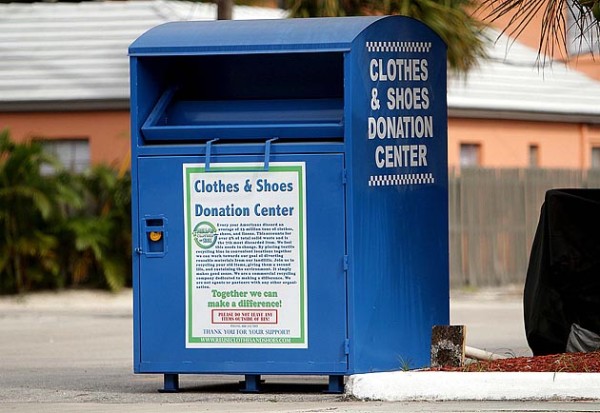
There is no wrong in helping a fellow human being in need. However, your help should not add to the mess the person is already facing. It should at least alleviate the situation.
When you pull out a ton of odd socks, some old greying underwear, several worn T-shirts, a stained jersey, some ripped pants, a pair of scratched sunglasses, and you decide that instead of sending them to the landfill you will give them to a local charity store, you would think that someone in need, somewhere in Africa, will make use of it.
But, the reality on the ground is that your charitable act is rather pushing people out of business in Africa. What happens is, that after collecting these items, these organizations either donate them to the poor beyond their country’s borders, or re-sell them in brick and mortar retail shops as a fundraising strategy.
When the items get to Africa, they are sold at a very cheap price to people. The textile industries back home in Africa cannot sell their clothes at that rate due to high costs of production. People then patronize the imported used items, neglecting the ones produced at home. The textile industries have no option other than to lay off its workers and close its factories down. That is the truth of the matter. This has happened in many countries in Africa, and it is still happening. It has become one of the biggest challenges for African governments during their quest to encourage the patronage of home-made products.
The journalist in charge of the Guardian Higher Education Network, and a keen interest in African Affairs-Eliza Anyangwe, argued that if the practice is not stopped, the situation could lead to an uncontrollable rise in unemployment in many African nations, in the next few years.
“A whole industry has cropped up around apparel that’s been donated to charities located oceans away, imported throughout the African continent and then sold cheaply in African marketplaces. These low prices undercut local retailers and undermine the entire textile and garment business in Africa. The importing is sometimes done by enterprising individuals, but, more often than not, this huge, multimillion-dollar industry is orchestrated by charitable multinational organizations. These aid agencies’ primary mission is, ostensibly, to provide various forms of relief to residents (but) the psychological—and, as a result, financial—blows of the used-clothing industry have been crippling”.
“What seems to be carried over, along with the previously worn clothing, is that old-colonial mentality of “ours is better than yours,” the often unspoken belief heralding all that is Western as superior, and all that is African as inferior. Especially telling are the various names, phrases and labels attached to the industry. In Togo, the garments are referred to as “dead yovo” clothing. Translation: “dead white person clothing.” Across the border, in Ghana, my native country, the used clothing is called “broni wa wo.” Literally translated, this expression means: “a white man has died”,” she was quoted as saying by the trueactivist.com.
She also adds that “The used-clothing industry is Kenya’s seventh largest import, raking in well over 60 million Euros ($67.7m) per year. Hundreds of thousands of African workers have lost their jobs as a result of these imports. In Malawi, the largest textile company had to close its doors. Other such companies in Mozambique and Uganda are headed toward bankruptcy. Zambian textile workers have staged several strikes in an effort to promote national and international awareness of their plight”.
It is likely time for western countries to think of how best to help Africa, instead of relying on some of these so called aids. This is because although they are carried out with good intentions, they end up destroying the economies of African countries.
You want to support Anonymous Independent & Investigative News? Please, follow us on Twitter: Follow @AnonymousNewsHQ


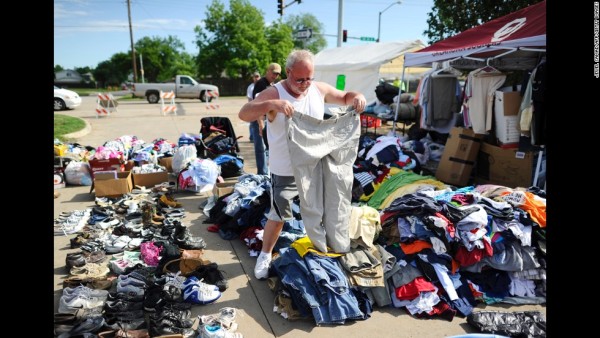
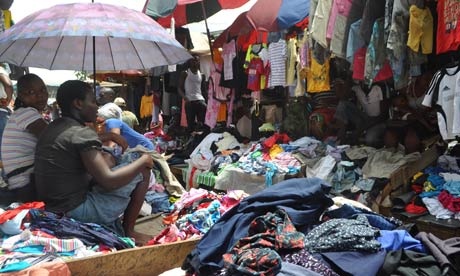
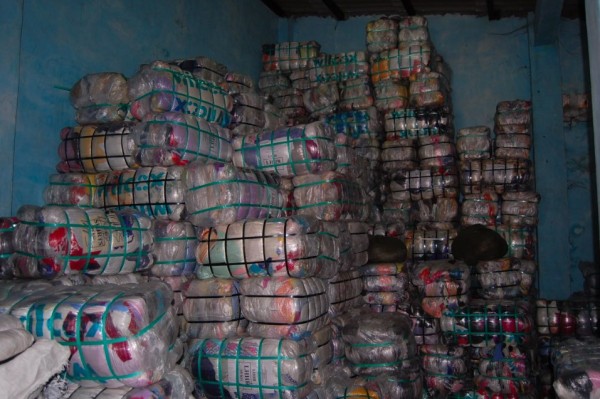
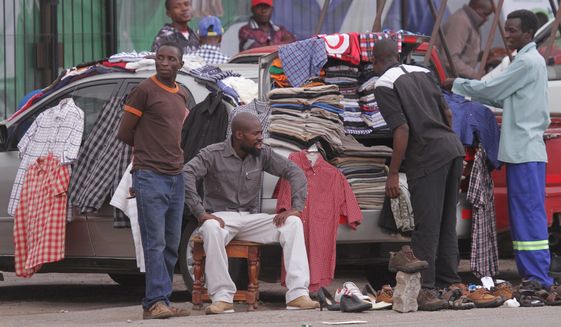



it hurts rich people in africa i’ve also seen it help the poorest people by giving them something to sell and make a business, out of those clothes bails.
Keep recycling, just buy less. You dont need 99% of the shit you buy.
This article is a storm in a tea cup.